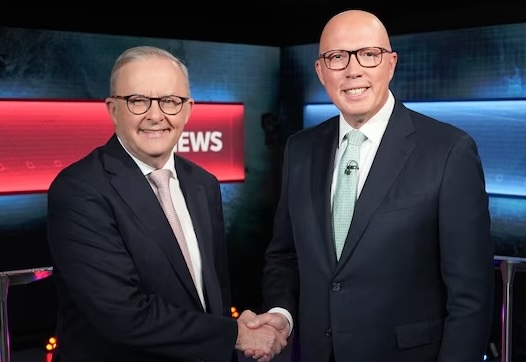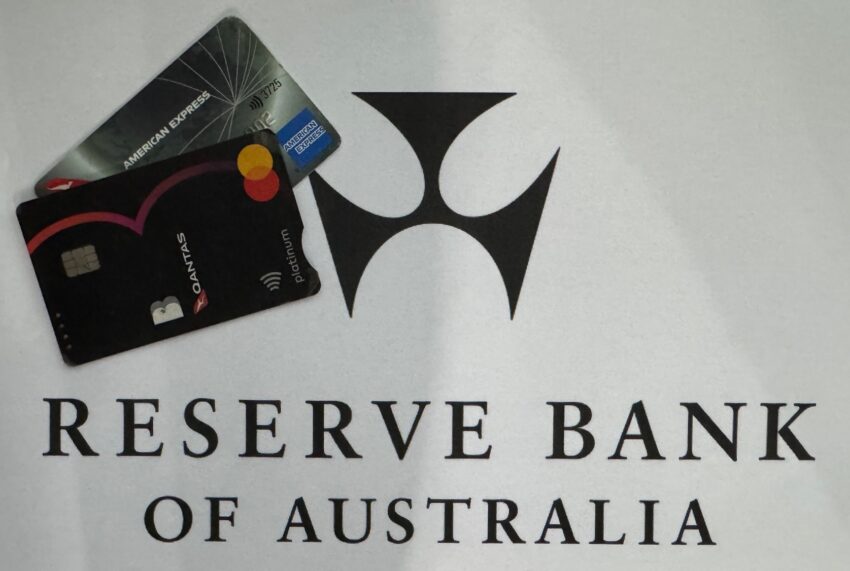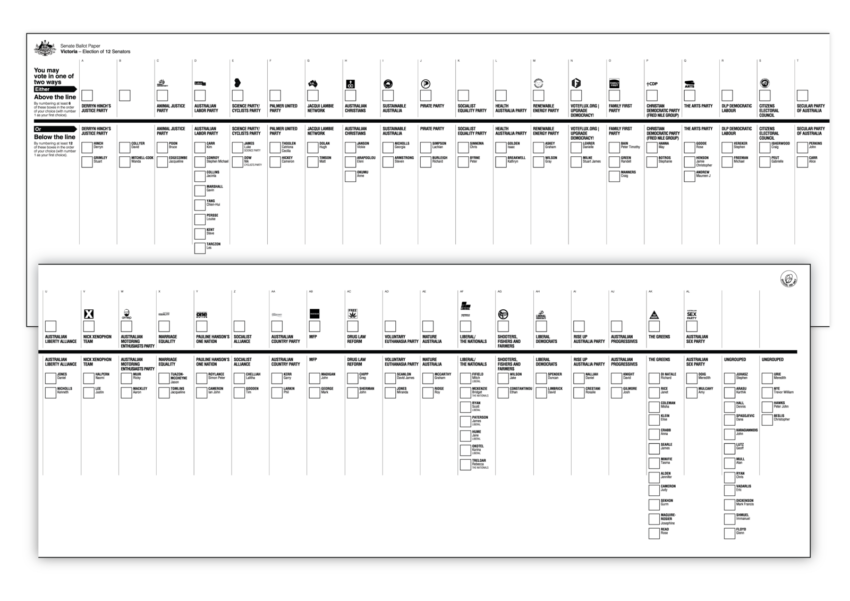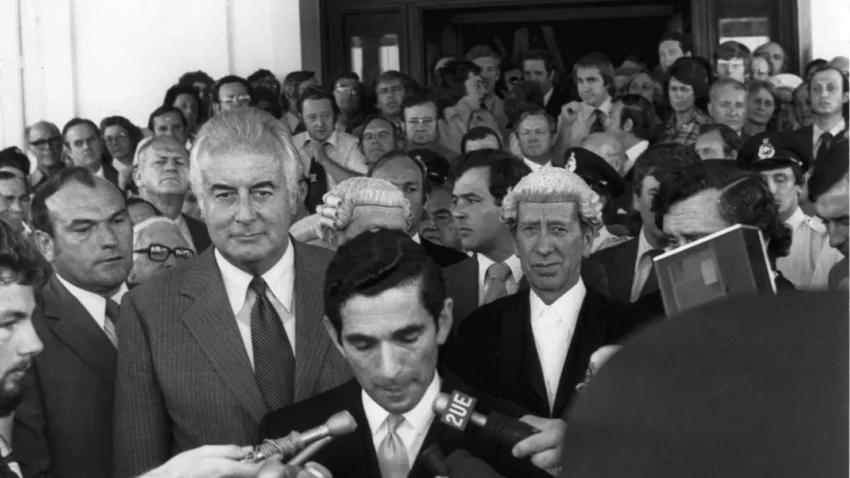
At the election debate last week, both leaders qualified their answer to the question: “Do you trust President Trump?”
Prime Minister Anthony Albanese replied: “I have no reason not to.”
Opposition Leader Peter Dutton said, “We trust the US, and I don’t know the president. I’ve not met him.”
Neither leader said “Absolutely”, as they would have with any other president.
As asked, it seems that the question is presuming some past specific deal, transaction or arrangement and the leaders were being asked could you trust Trump to honour it.
Albanese’s double negative suggests that, in the future, circumstances might arise that would require him to say that he does not trust Trump.
A better question might have been: “Could you trust President Trump?” or “Should we trust President Trump?”
Framed that way, the test is about character: could you trust President Trump to do the right thing when new circumstances arise?
Answer: No. The “could you” or “should you” question is a test of dependability and reliability in general in the future based on general conduct, not whether someone would honour a specific deal made in the past.
Dutton then tried to distance himself from Trump while remaining attached to the US. He made a distinction between the United States in which “we trust” and President Trump who draws a “not yet known”.
It was an odd distinction. In foreign and defence policy the only way a nation can deal with another nation is through its government.
Whatever the entity “the United States” means, right now it is falling short on earning or keeping trust.
Australian leaders are fond of saying that no matter who is in the White House, Australia will be an ally of the United States. But that has been true only until now.
The reason is that “trusting the United States” means trusting that its system of government is robust enough to ensure that long-term relationships are maintained and nurtured and essential values respected, irrespective of who is in the White House.
Right now, that is not happening. The non-Trump part of the US is singularly failing to ensure its government respects those relationships and values.
The courts, the Congress, the states and civil society in general have failed. Examples abound.
In those circumstances it is illogical to “trust the United States”, on one hand, and to equivocate on whether you trust Trump, on the other.
It will be Trump who decides whether to come to Australia’s aid under ANZUS, not the amorphous “United States” it will be Trump or his successor (possibly J D Vance) not the United States who decides whether to invoke the get-out clause in the submarine deal that Australia so foolishly allowed.
That clause says that, if in the opinion of the President, the US needs all its Virginia-class submarines, then it need not supply any to Australia – even though Australia has already paid $500 million to the US to boost its ship-building capacity.
Could you, or should you trust Trump not to fudge the figures to wheedle his way out? Answer No.
In addition to trust, there are other related questions. Do you respect the US/Trump? Do you think the US/Trump know what they are doing?
You have to start answering No? And start asking what does that mean for Australia?
Trump’s adoring acolytes have delusionally suggested that there was an ingenious grand strategy in the on-again-off-again tariff fiasco – that he has brilliantly isolated China.
Not so. The “very stable genius” has been shown to be an ignorant, erratic fool.
His tariff plan was supposed to bring jobs and manufacturing back to the US rustbelt where his MAGA supporters live.
But as Bruce Springsteen wrote in 1984 “these jobs are going boys and they ain’t coming back”. He was right.
But Trump is wrong and ignorant in thinking that his tariffs can bring the jobs back from China. First, a vast number of those jobs no longer exist even in China. They have been taken by robots working in dark factories where the robots need no light.
Second, a lot of the dirty rust-belt products have been superseded or are about to be, particularly internal combustion engines and coal-fired power stations.
Third, things are no longer manufactured in one place. Bits are made all over the world and partly assembled in different places before all the foreign bits are put together to make a final product which is then marketed and distributed though multi-national supply chains. Imposing tariffs along those chains would be a nightmare.
Fourth, it was inevitable that China would fight back. It banned the export of rare earths to the US. These are critical for most new technologies: phones, satellites, weapons, computers, you name it.
And along the way Trump has alienated his allies (a critical resource which China does not have). He has trashed critical medical and other research in the US by cutting funds to universities and the Health Department. He has destroyed much of the US’s soft power built up with foreign aid. He has withdrawn from highly productive investment in overseas research. And he has reneged on international trade laws.
In short, the backward-looking Trump has handed the industrial future to China: artificial intelligence, robotics and medical research. And he has left a vacuum in soft power and international co-operation which China is happily filling.
Where does this leave Australia? Australia’s exports to China are four times the value of our exports to the US. Any Australian under 30 with business ambitions should start learning Mandarin.
On the security side, we must strengthen and create alliances with rule-of-law countries and build an independent strategic deterrence from weapons that are cheaper and quicker to build.
Australia should look after its trade interests and set an example as to how respecting the rule of law and democracy leads to greater prosperity not the financial and societal chaos we are now seeing in the US.
Crispin Hull
This article first appeared in The Canberra Times and other Australian media on 22 April 2025.





